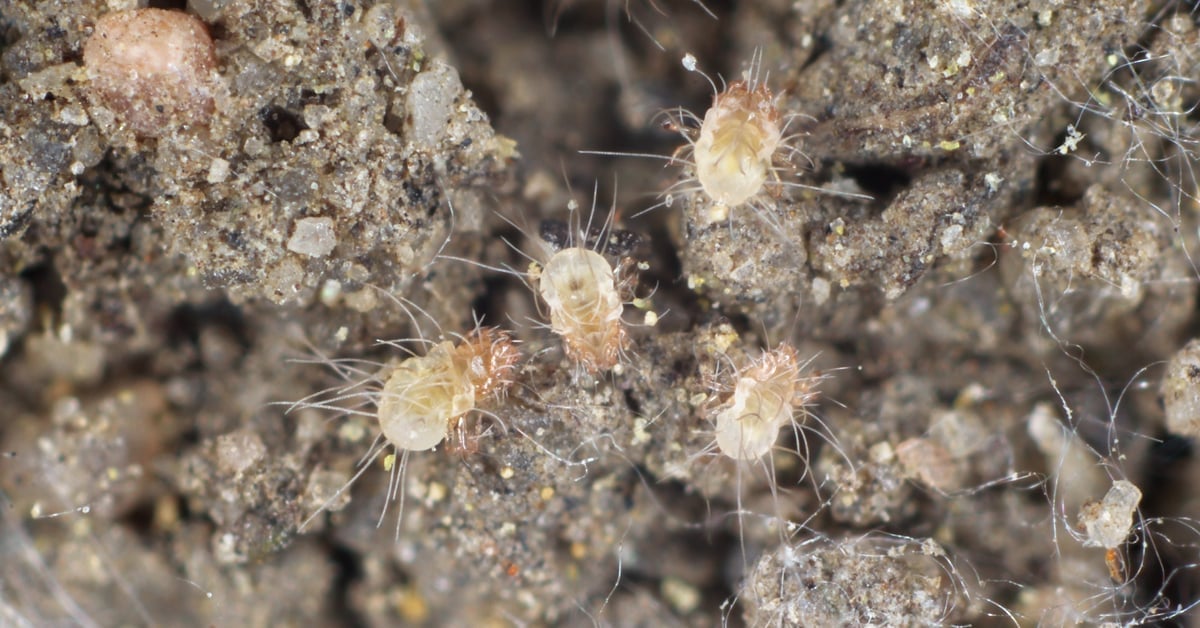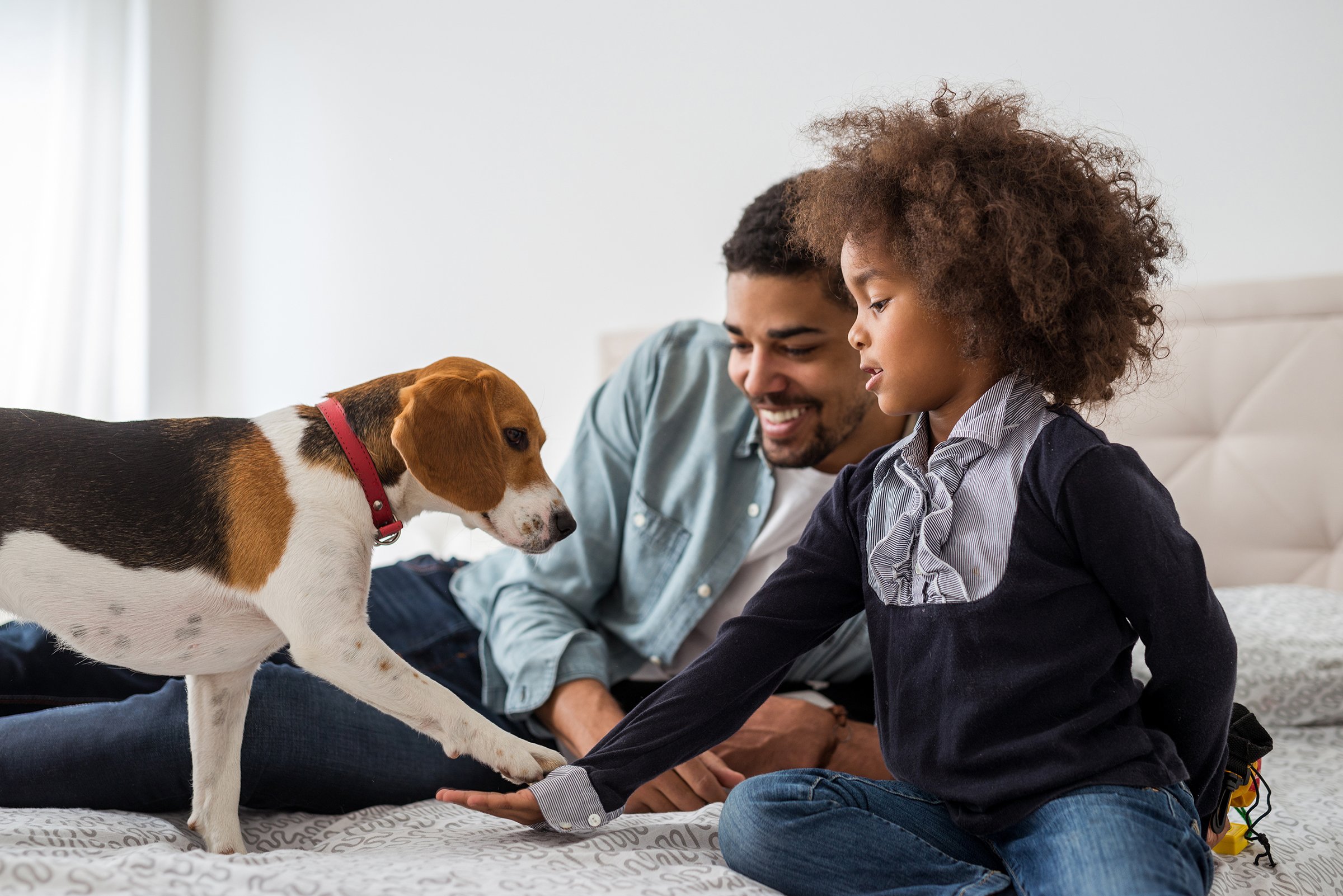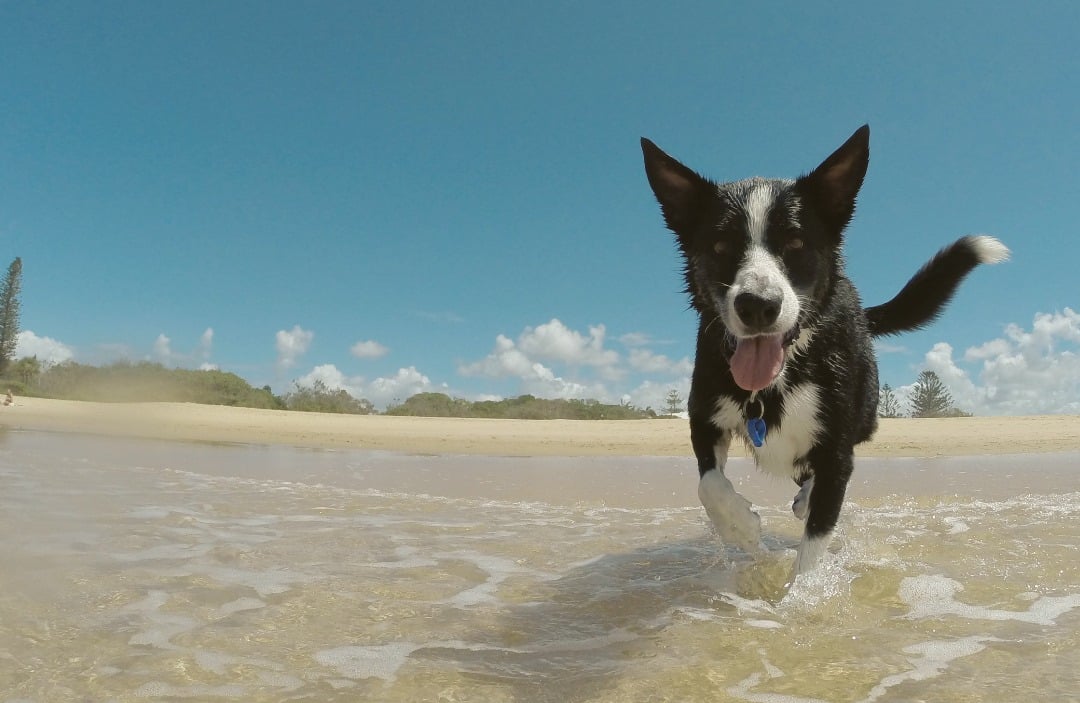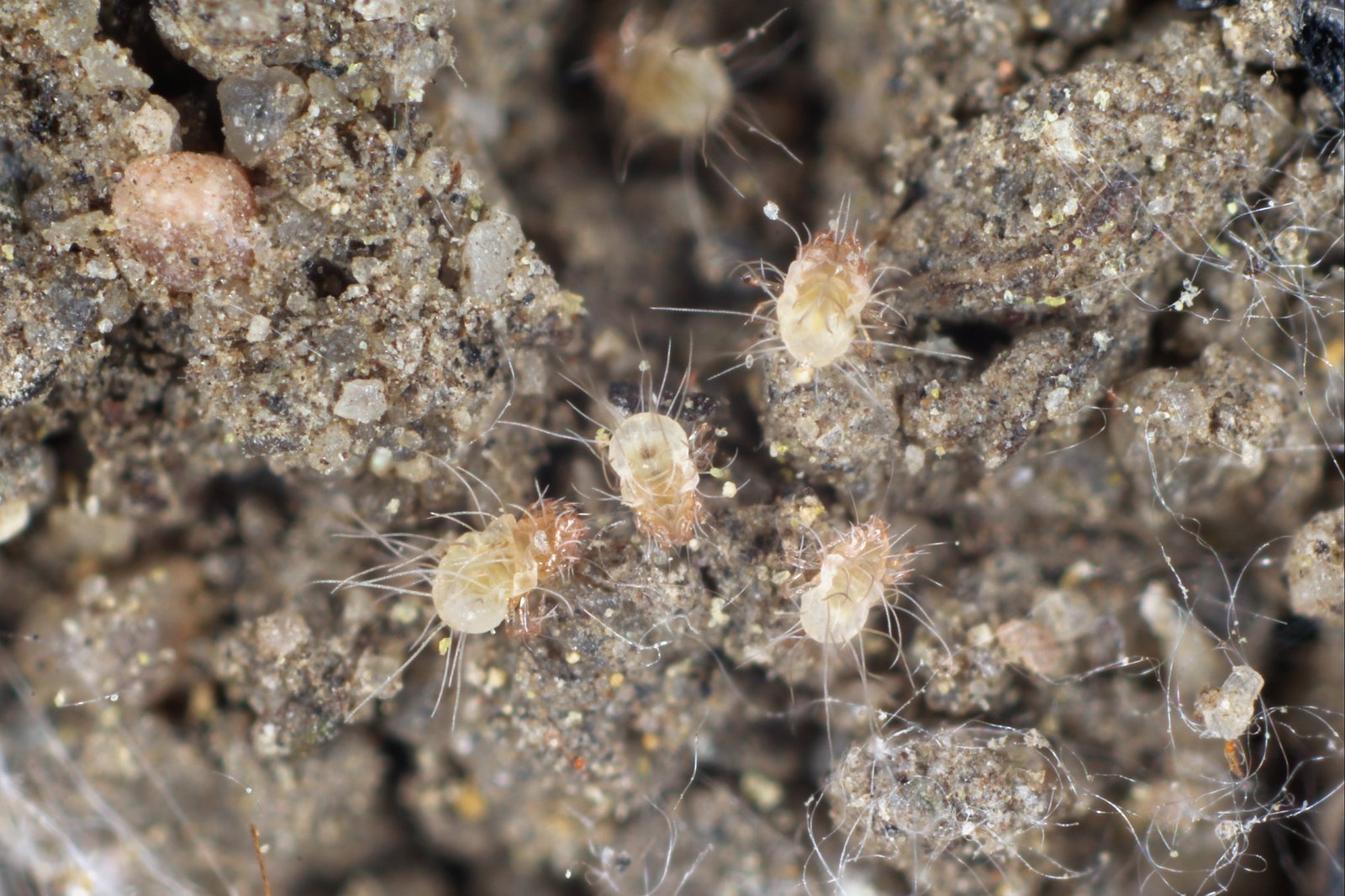To successfully treat allergy or atopy in dogs, cats and horses, a multi-modal approach is often required. This includes environmental control, topical control, systemic treatment and allergen-specific immunotherapy. Although environmental control is just one part of the multifaceted treatment, there are a number of measures that can be taken.
Some facts about house dust mites
The most common house dust mites are Dermatophagoides pteronyssinus and Dermatophagoides farinae. They are brothers, although D. farinae is causing the most frequent sensitisation in animals. Animals are allergic to specific proteins of the droppings.
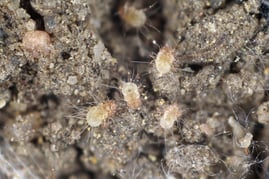
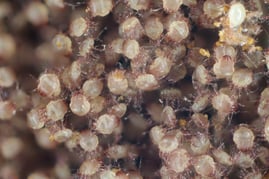
Dermatophagoides pteronyssinus and Dermatophagoides farinae
House dust mites are present in almost every home and feed on skin flakes of humans and animals. Favorite areas are matrasses, bedding, upholstered furniture, carpeting and other household fabrics, such as curtains and drapes. They thrive best in a humid and warm environment. House dust mites cause allergy symptoms all year round as they live indoors.
Tip 1 – Keep dogs and cats out of the bedroom
Mites are mainly present in bedrooms as they find food on mattresses and bedding. To prevent contact, keep them out of the bedroom.
Tip 2 – Go mite-proof
Consider using a mite-proof pet bed and encase bedding with mite-proof covers.
Tip 3 – Wash bedding regularly
Wash bedding and stuffed toys weekly in a 60⁰C hot water.
Tip 4 – Dust and clean
Dust and clean all living areas regularly. Use double layer micro filtration dust bags for the vacuum cleaner.
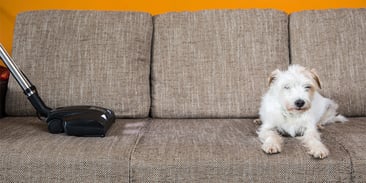
Tip 5 –Household fabrics
Minimise the use of carpets, upholstered furniture and other household fabrics, such as curtains. Smooth floors and blinds can be cleaned easily.
Tip 6 – Lower the humidity
Mites love a moist environment. By lowering the humidity indoors, you are creating a less perfect environment for house dust mites to reproduce. Maintain a relative humidity of less than 45% with the help of a dehumidifier.
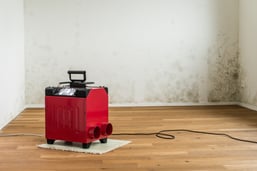
Tip 7 – Down with the temperature
To reproduce mites love a warm environment. Maintain a room temperature of 21⁰C or less.
Tip 8 – Allergen neutralising spray
Pet’s Relief® ALLERGONE spray changes the structure of house dust mite droppings (which is where animals are actually allergic to). As a result, the immune system of the animal does not recognise the proteins of these droppings anymore, preventing an allergic reaction.
Tip 9 – Skin and coat care
Regular grooming and bathing may remove house dust mite droppings from coat and skin, preventing an allergic reaction. A calming shampoo is recommended.
Tip 10 – Replace filters
House dust mites may be present in air filters of the furnace and air conditioning too. Change them regularly or replace them for allergen-control filters.
 UK
UK

 Deutschland
Deutschland
 Global English
Global English
 France
France
 Nederland
Nederland
